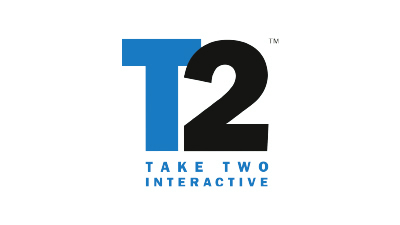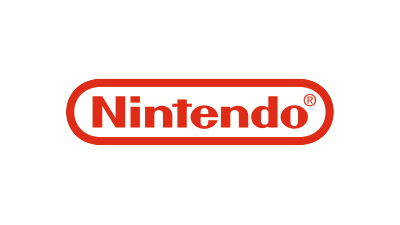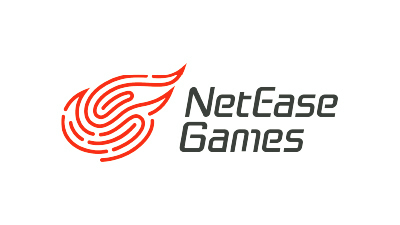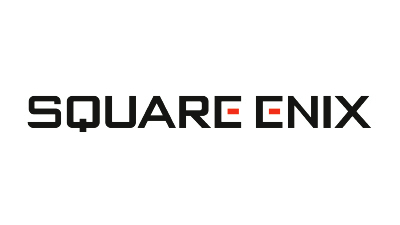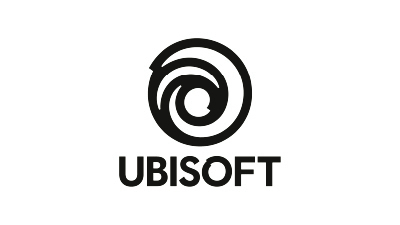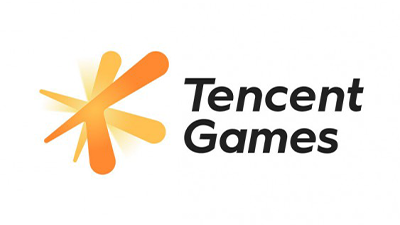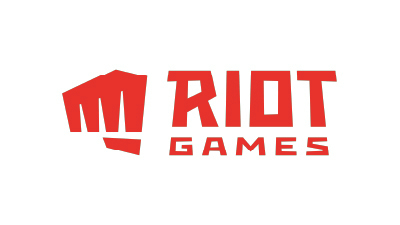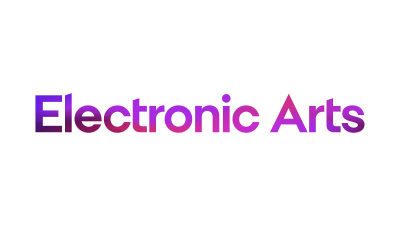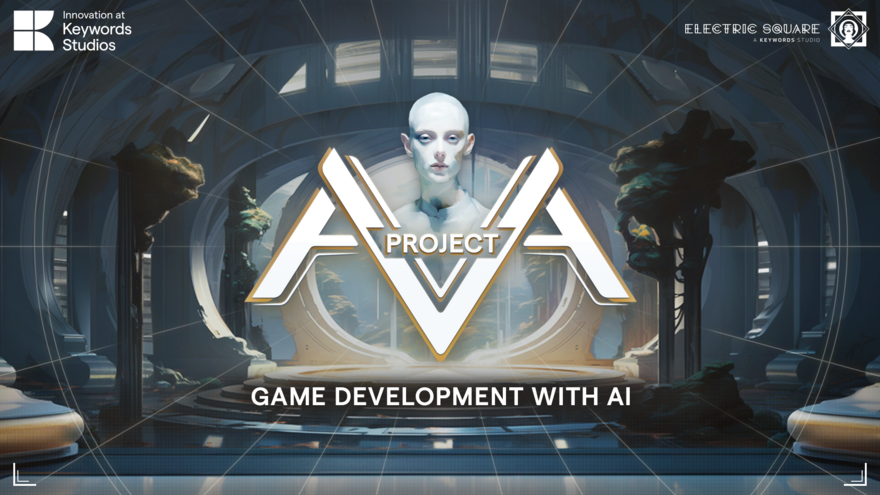How important is authenticity to video game audiences?
Keywords Studios' Engage Solutions team dissect the role authenticity has to play in ensuring genuine connections are made with your video game audience.
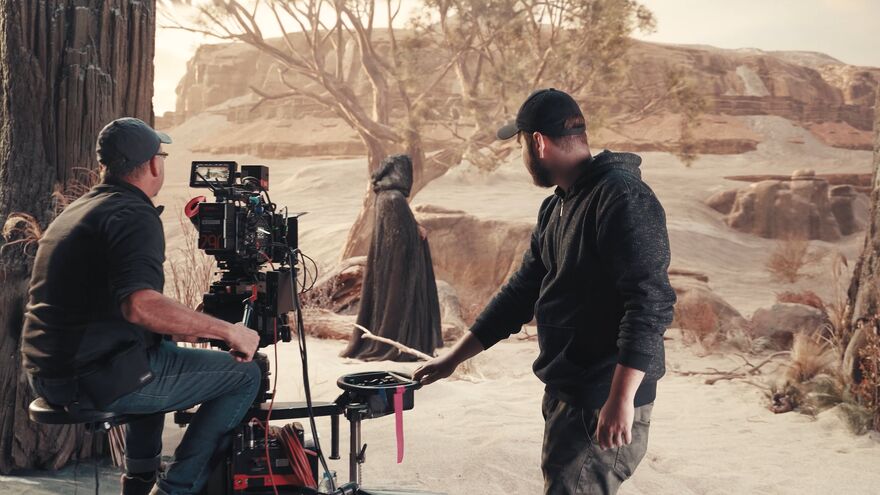
Authenticity is crucial in video game marketing. The video game community is among the most engaged, passionate, and switched on of all the fandoms, with players dedicating hours to watching, reading about and discussing their favourite titles. If you get it right, their loyalty is yours. But if you get it wrong, they won’t hold back.
“If anybody’s going to call you out on stuff, it’s going to be the fans of video games,” says Tess Sanders-Smith, Studio Head at Maverick Media, a Keywords Studio, “So, being truly authentic in your team, your knowledge and passion for games is essential and at Keywords Studios, it's part of our DNA.”
First impressions should create a buzz, not a backlash. For our trailers and other marketing content to feel authentic, we need to have genuine enthusiasm for the industry behind the scenes; protect and elevate IP; involve fans in the process; and harness the emotion of the video game experience. At Keywords Studios, we know that authenticity is key to creating genuine connections with game audiences, so here are five ways we make this integral to who we are and what we do.
1) We fill teams with genuine video game fans
Marketing video games authentically begins with the people working on the projects. “When we hold interviews, we look for people who are genuine fans of games – as opposed to people who are just players of games.” says Seamus Masterson, Executive Creative Director at Maverick Media. “Many of our team have made games themselves and worked in AAA studios, or play games at a pro level. This allows us to match the level of a game developers’ knowledge and enthusiasm for their titles and genres in an authentic way”.
It’s not only our creative teams who are passionate about the industry – the love of video games extends across all Keywords Studios, including the Creative Production experts at Big Farmer and TrailerFarm. That first-hand knowledge of what appeals to fans helps us to make better ads, as Devon Pearce, Commercial Director at Keywords Studios’ Big Farmer and TrailerFarm, explains: “Selling a game is not the same as selling a car, or an ice cream or a supermarket. Most traditional ad agencies don't 'get' games ads because it's a very different sell. You need people who really understand games to create ads that appeal to other like minded consumers.”

2) We obsess over the IP – and represent it accurately
Fans expect characters to be depicted in specific ways. They expect the right storytelling beats, mood and music; they expect the details to be consistent and canonical, and will notice perceived mistakes immediately. They are often heavily emotionally invested in established game worlds, and when they feel an IP has been undermined or disrespected the response can be extreme; see the influential backlash to the first look at Sonic The Hedgehog (2020), or the reaction to rumours that writers on The Witcher openly derided the source material.
This audience cares deeply. If studios fail to match that respect and attention to detail in their advertising, gamers will disengage. Across our studios, we document every minute aspect of an IP and diligently record feedback to ensure every aspect is correct and consistent. Neglecting the IP betrays a lack of understanding of the game and its world, and risks undermining confidence in the upcoming title. Embracing it with an authentic interest demonstrates that the new title or product – and the fandom – are in capable hands.
3) We emulate the emotional experience of the game
Gameplay statistics across console and PC platforms show gamers investing hundreds of hours and more in their favourite games. This is active and immersive entertainment, packed with opportunities to socialise and personalise, and can be an intensely emotive experience in which gamers identify and connect with both playable and non-playable characters. This experience is a huge part of what compels many gamers to play. So, when viewing game trailers and social media content, the audience should find whatever feeling they seek in a title – thrills, comfort, fear, joy – rather than just a showcase of mechanics or sophisticated graphics.
To successfully deliver those emotional beats, we have to understand players and their in-game experiences. Keywords Studios’ Player Research specialise in games user research, and their comprehensive insights into audiences and their behaviour make a tangible impact on the work of studios right across the group. Dr Rui Craveirinha, Head of Research Craft at Player Research, tells us: “By giving [our partner studios] this very good psychological picture of what players are feeling […] we can create better ads.”
Once we understand the emotions players associate with, and expect from, a game, we can produce potent and persuasive content that connects authentically with our audience. And when we really get it right, it can even be as memorable as the game.
4) We facilitate and utilise user-generated content
Organic user-generated content (UGC) is a demonstrably influential and authentic way to reach video game audiences. Influencer marketing in games was worth more than $4.4billion in 2022, and the most popular streamers amass millions of hours of viewings a month. Gamers report UGC including streams and reviews to be highly impactful on video game purchase decisions, and they return repeatedly to their favourite channels: viewing statistics suggest they’re more than 50% more loyal than the average viewer to their favourite YouTube creators.
We encourage UGC through events, experiences and creative community engagement that give content creators something to talk about. The global launch campaign for Supercell’s Brawl Stars, by Keywords Studios’ Waste Creative, “helped drive five million pre-registration sign-ups in eight hours, achieved exponential social channel growth… and ultimately helped Brawl Stars become the #1 iPhone app in 32 countries”. Their knowledge of the game, combined with social listening and data analysis that helped them to fully understand players, allowed them to create content that spawned user posts, trending hashtags and competition. The campaign culminated in a launch event that placed the game’s “most fêted players” centre stage, allowing Waste to reach the vast audiences of those players’ influential channels.
We can also facilitate content creation in the way games are developed. Some of the latest titles, such as Spiderman 2, Ghost of Sushima and Gran Turismo 7 incorporate sophisticated photo modes to enable creators to capture moments of gameplay in creative ways. By providing this uniquely engaged and creative audience with the tools, opportunities, and freedom to discuss and share the games they love, we enable them to make and share authentic content that our audience actively views – and trusts.
5) We acknowledge and represent the diversity of video game audiences
The industry is now far bigger than the best-known AAA games, and the audience far broader than the stereotypical Western gamer demographic. “The game industry has changed in terms of the access to mobile games and the opening of markets that didn’t have high-end PCs or consoles,” says Seamus. “In Western game development I think we’re only just getting to grips with these new audiences, what they like, and what communications are effective.”
By getting to know our audiences better, we can reach them where they are, tailor our marketing messages, and represent them more fully. Harvey Owen, Games User Researcher at Keywords Studios’ Player Research, specialises in understanding player behaviour. “Conducting the right research at the right time can help illuminate what aspects of your in-development game resonate most strongly among players, which gives you insight on what to draw out in market materials,” he says. “Concept tests, player interviews and other early-stage research can help you understand your audience or nail down ideas, mood and style.”
Rooting content and game development in research allows us to produce games, trailers, and other content that feel inclusive and authentic, and we can take this authentic representation one step further by experimenting with the latest creative production techniques. Seamus explains that virtual production, which uses Unreal Engine to push beyond the limitations of live film, “Allows us to explore a more diverse representation in our content. We can represent not just different people but different places, cultures, and atmospheres.”
Authenticity is valued intensely by video game audiences. Gamers are fiercely loyal to their favourite IP, and deceptive or inconsistent marketing risks turning them away from a game – or leaving them disappointed when they play. That loyalty isn’t easily regained.
Through harnessing UGC, relating to the audience, and ensuring creative production respects the details, Keywords Studios create trailers and experiences that connect with gamers and leave them wanting more. We carefully match every client and project with the perfect Keywords team, seeking not only relevant expertise but cultural fit and familiarity with the IP. So when you work with us, your creative production partner will understand you, your video game IP – and your players.
_________
To learn more about our specialised video game marketing services and player engagement services, speak to the team via the form below.
The Power of Partnership: Our Clients




